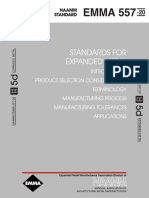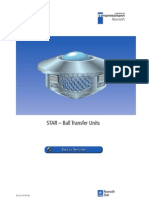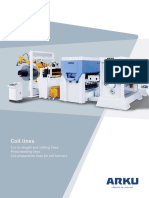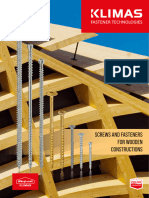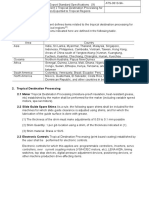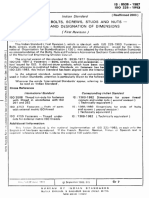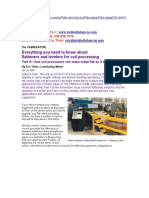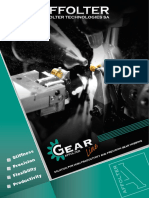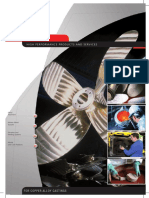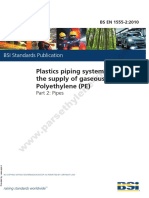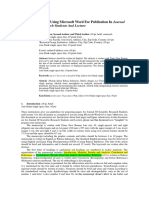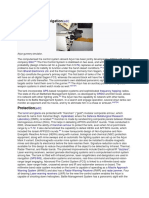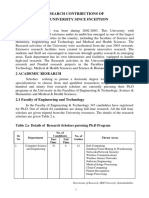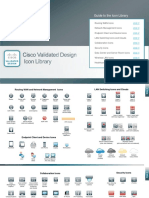0% found this document useful (0 votes)
213 views29 pagesMetal Leveling Techniques & Benefits
What is Leveling
Flatness / Stress relief
(Brief) Theory
Applications
‐ Aerospace
‐ Defense
Benefits
Design
Alternatives
Questions
Uploaded by
goranCopyright
© © All Rights Reserved
We take content rights seriously. If you suspect this is your content, claim it here.
Available Formats
Download as PDF, TXT or read online on Scribd
0% found this document useful (0 votes)
213 views29 pagesMetal Leveling Techniques & Benefits
What is Leveling
Flatness / Stress relief
(Brief) Theory
Applications
‐ Aerospace
‐ Defense
Benefits
Design
Alternatives
Questions
Uploaded by
goranCopyright
© © All Rights Reserved
We take content rights seriously. If you suspect this is your content, claim it here.
Available Formats
Download as PDF, TXT or read online on Scribd
/ 29




